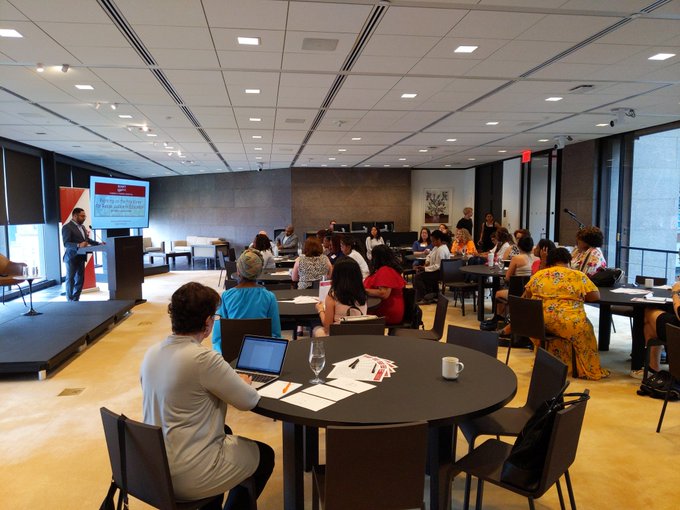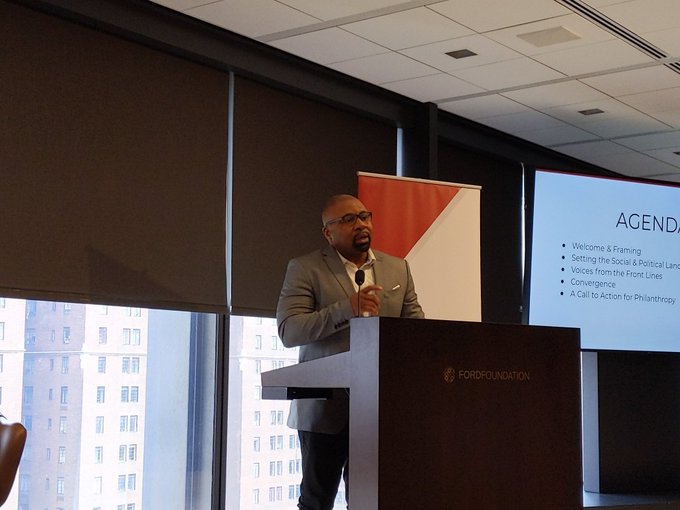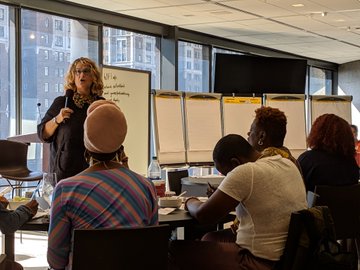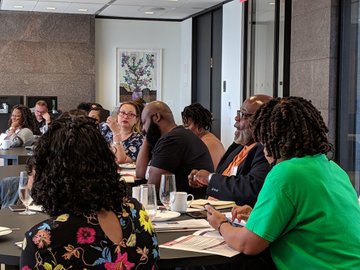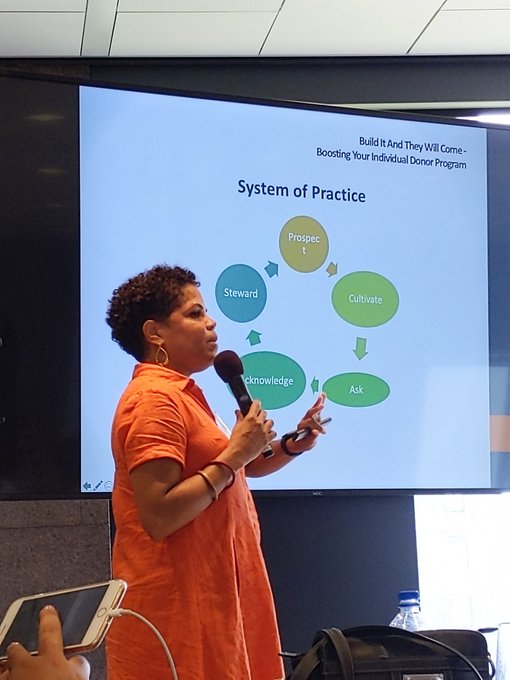Charter School Fictions and Grandstanding
It is no secret that charter school advocates become disingenuous and belligerent when endless problems in the scandal-ridden charter school sector are exposed, criticized, and opposed with greater depth, sophistication, and regularity.
For nearly 30 years charter school promoters have been reluctant to admit, let alone come to terms with, profound problems with privately-operated nonprofit and for-profit charter schools. See No Evil, Hear No Evil, Speak No Evil, seems to be the modus operandi among most charter school advocates. Anticonsciousness and incoherence pervade the unaccountable charter school sector.
Charter school promoters have never wanted the public to know the true nature and essence of charter schools. They do not want any charter school problems known or acknowledged in any way. There is too much neoliberal pillaging at stake for charter school advocates to abandon the veneer of high ideals. Denying wrong-doing and prettifying charter schools is a full-time job for increasingly defensive charter school advocates.
But the gap between charter school hype and charter school realities remains as wide as ever, and charter school problems keep multiplying, not decreasing.
A main tactic used often by charter school advocates to divert attention from CONTINUE READING: Charter School Fictions and Grandstanding | Dissident Voice




